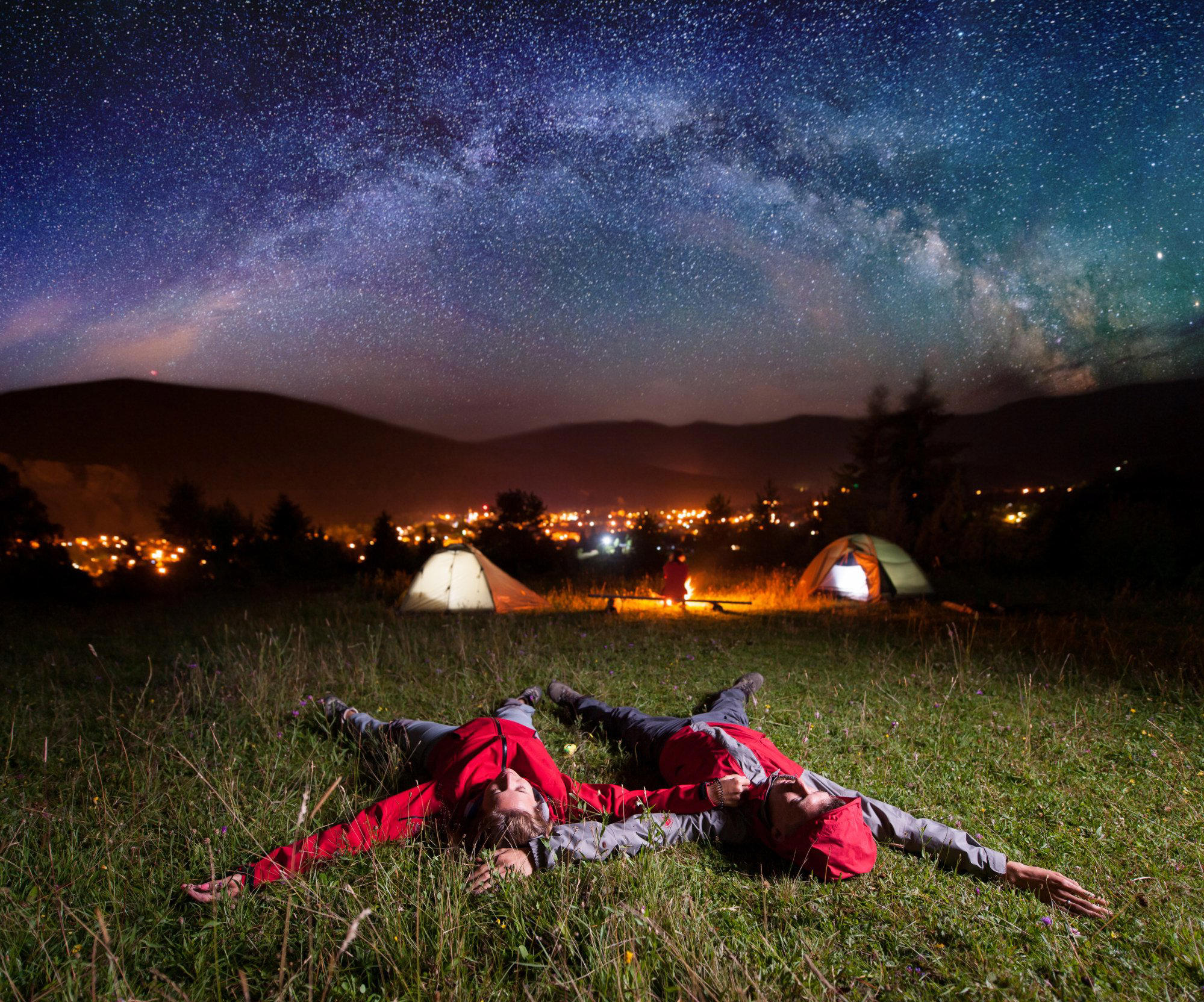How travel can help slow ageing by boosting mental, physical health and relieving stress
3 min read
Taking part in new experiences, exercising and connecting with others can boost our immune systems and affect entropy – the ageing process
Travel junkies probably do not need another reason to justify their wanderlust, but new research shows that being a globetrotter can be a great way to prevent premature ageing.
A study published in the Journal of Travel Research earlier this year shows that leisurely travel activities can help alleviate chronic stress, regulate the immune system and even promote the healthy functioning of the body’s self-defence system.
“Forget about retinol night creams, researchers from Edith Cowan University believe travel could be the best way to defy premature ageing,” says a press release from the Australian university that was published in Science Daily.
Do you have questions about the biggest topics and trends from around the world? Get the answers with SCMP Knowledge, our new platform of curated content with explainers, FAQs, analyses and infographics brought to you by our award-winning team.
It notes that, for the first time, an interdisciplinary study has applied the theory of entropy – which researchers say is the general trend of the universe towards death and disorder – to tourism, “finding that travel could have positive health benefits, including slowing down the signs of ageing“.
What took them so long to confirm what we all know?
The research suggests tourism could trigger entropy changes, and that positive travel experiences could mitigate entropy and enhance health. Conversely, negative experiences may contribute to entropy increase and compromise health.
“Ageing, as a process, is irreversible. While it can’t be stopped, it can be slowed down,” says Edith Cowan University PhD candidate and study leader Fangli Hu.
Hu also points out that positive travel experiences can potentially enhance physical and mental wellness through exposure to new environments, engagement in physical activities and social interaction. Travel can also foster positive emotions.
“Tourism isn’t just about leisure and recreation. It could also contribute to [improvements in] people’s physical and mental health,” Hu says.
Travel therapy can actually serve as a “groundbreaking health intervention when viewed through an entropy lens”, says Hu.
That is because tourism typically exposes globetrotters to new surroundings and, if all goes well, to relaxing activities.
These settings, it seems, can stimulate stress responses and elevate metabolic rates, positively influencing metabolic activities. They may also trigger an adaptive immune system response.
All of this “improves the body’s ability to perceive and defend itself against external threats”, says Hu.
“Put simply, the self-defence system becomes more resilient. Hormones conducive to tissue repair and regeneration may be released and promote the self-healing system’s functioning,” says Hu.
Some of the healthiest forms of travel include physical activities such as hiking, climbing, walking and cycling. Physical exertion can boost metabolism and energy expenditure – to the benefit of your health.
“Participating in these activities could enhance the body’s immune function and self-defence capabilities, bolstering its hardiness to external risks,” Hu says.
“Physical exercise may also improve blood circulation, expedite nutrient transport, and aid waste elimination to collectively maintain an active self-healing system.”
Moderate exercise is also beneficial for the bones, muscles, and joints.
Of course, it’s not all rainbows, butterflies and anti-ageing when one travels. We’ve all had a travel setback or two.
The research points out that tourists could face challenges such as infectious diseases, accidents, injuries, violence, water and food safety issues.
“Conversely, tourism can involve negative experiences that potentially lead to health problems, paralleling the process of promoting entropy increase,” said Hu. In other words, it may contribute to premature ageing.
Like what you read? Follow SCMP Lifestyle on Facebook, X and Instagram. You can also sign up for our eNewsletter here.
More Articles from SCMP
Chinese scientists extract lithium from seawater, holding promise for new energy tech
China’s ICBM test a sign PLA Rocket Force stands ready despite corruption scandals
Van Gogh painting auctioned for US$27.6 million, below estimates, at Christie’s Hong Kong
This article originally appeared on the South China Morning Post (www.scmp.com), the leading news media reporting on China and Asia.
Copyright (c) 2024. South China Morning Post Publishers Ltd. All rights reserved.



